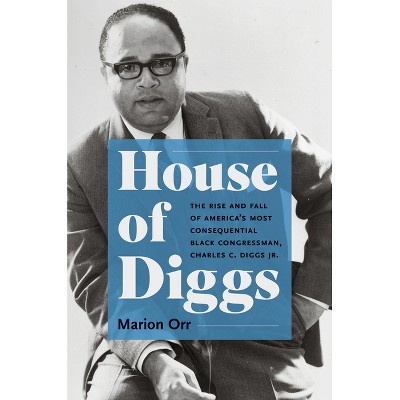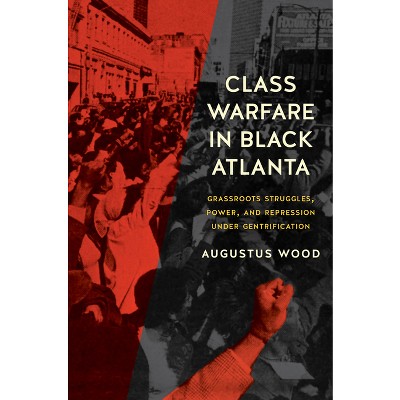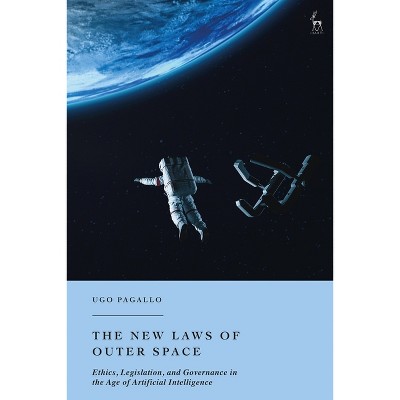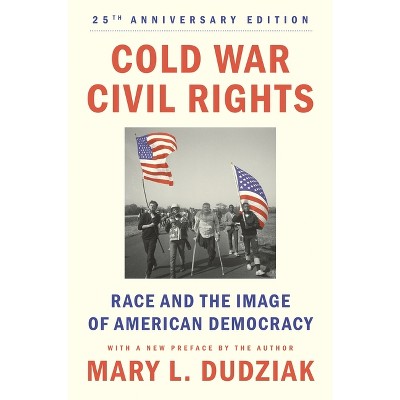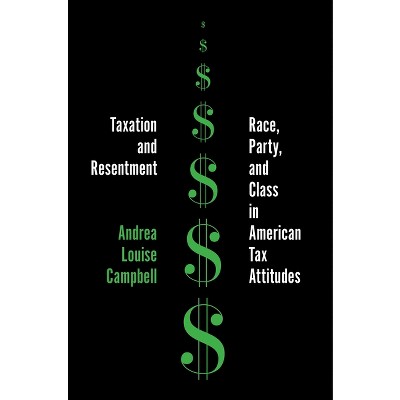Sponsored

The Politics of Memory Laws - by Uladzislau Belavusau & Aleksandra Gliszczynska-Grabias & Maria Mälksoo & Angelika Nußberger (Hardcover)
In Stock
Sponsored
About this item
Highlights
- This open access book explores the political utility and consequences of memory laws with a focus on how militant memory laws frame, underpin and generate international conflicts.
- About the Author: Uladzislau Belavusau is Senior Researcher in European Law at the T.M.C. Asser Institute, University of Amsterdam, the Netherlands.
- 360 Pages
- Freedom + Security / Law Enforcement, Military
Description
About the Book
A fascinating collection which draws on different comparative perspectives on the rule of memory laws in international conflicts, looking particularly at Russia's aggression against Ukraine.Book Synopsis
This open access book explores the political utility and consequences of memory laws with a focus on how militant memory laws frame, underpin and generate international conflicts.
Proceeding from Russia's ongoing aggression against Ukraine, this examination plots how memory laws have preceded, partially led to, and encouraged the outbreak of the war itself via Russian propaganda. It also offers a broader perspective looking at developments in the Baltic States, Belarus, Finland, Germany, Hungary, and Poland, as well as in European (Council of Europe and European Union) law. Bringing together scholars with diverse perspectives, this book provides both analysis and conceptual reflection for scholars assessing the politics of memory laws. The ebook editions of this book are available open access under a CC BY-NC-ND 4.0 licence on bloomsburycollections.com. Open Access was funded by the University of Copenhagen.Review Quotes
"In an impressive collective effort, the authors show how legislative battles over versions of historical truth and pseudo-historical mythology are translating into today's large-scale human tragedy and shaking the foundations of international order. When are "memory laws" part of the problem of abuse and manipulation of history and how can they become part of the solution? This insightful volume will provide invaluable and much-needed food for thought." --Mykola Gnatovskyy, Judge at the European Court of Human Rights, elected in respect of Ukraine
"Rewriting history, instrumentalising historical memory - these are now among the most important tools of Putinism, used to justify the war against Ukraine and, as Putin's propagandists never tire of repeating, the West as a whole. The dangers and the repressive practice of enforcing laws based on "alternative history" are still not sufficiently known in the West. Describing and analysing them in the current political context, as this book does very convincingly, is of great importance." --Irina Scherbakowa, co-founder of Memorial "A timely, vital and wholly original and compelling set of essays - a collected work that underscores the role of law and legal institutions in managing and manipulating our engagement with history, memory and identity, and reminds that the ownership of truth will never be less than deeply contested. " --Philippe Sands, International lawyer and author of 'East West Street'About the Author
Uladzislau Belavusau is Senior Researcher in European Law at the T.M.C. Asser Institute, University of Amsterdam, the Netherlands.
Aleksandra Gliszczynska-Grabias is Professor at the Institute of Law Studies of the Polish Academy of Sciences, Poland.
Maria Mälksoo is Professor of International Relations at the University of Copenhagen, Denmark.
Angelika Nußerger is Professor at Cologne University, Germany.
Shipping details
Return details
Trending Non-Fiction






